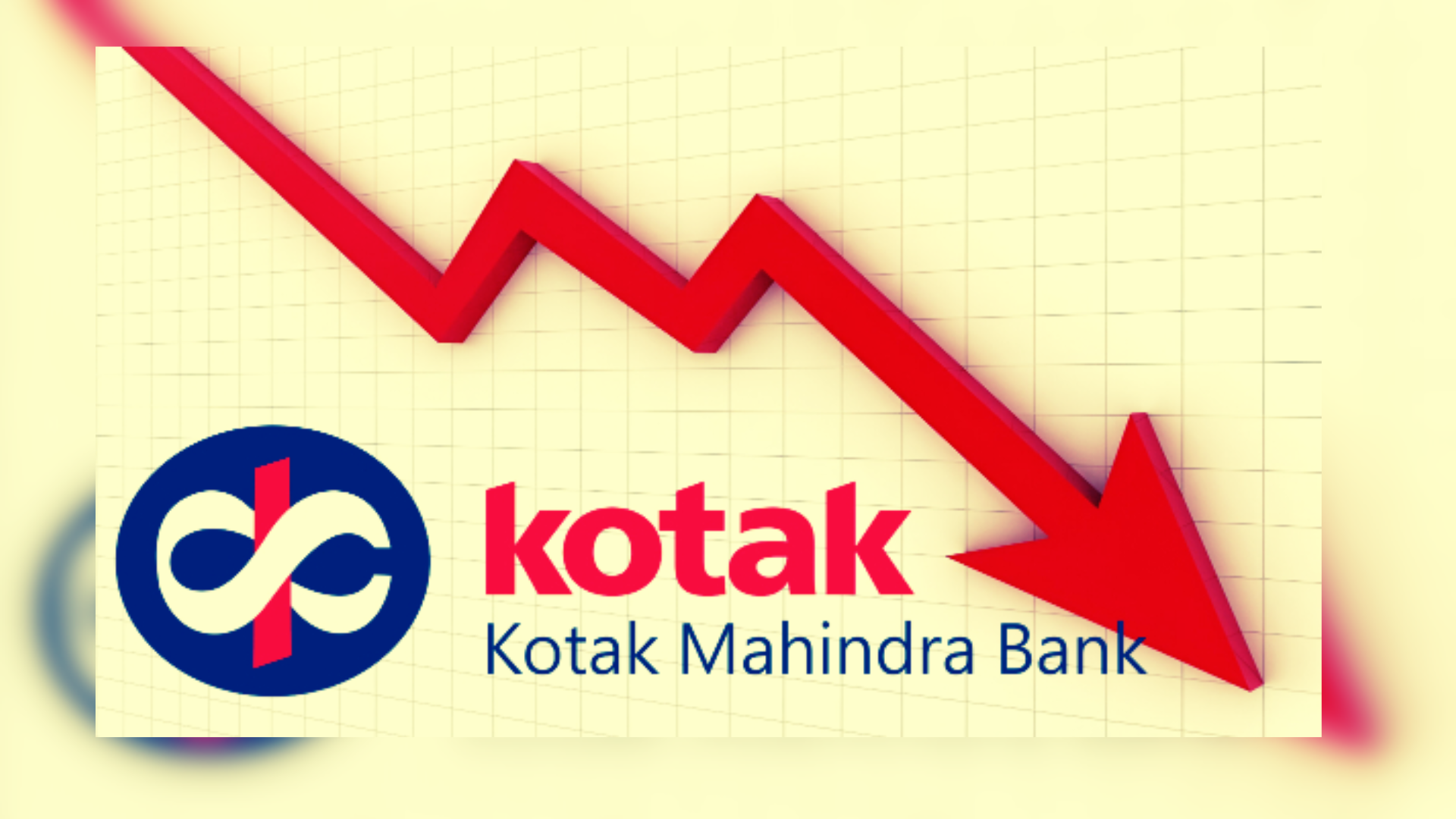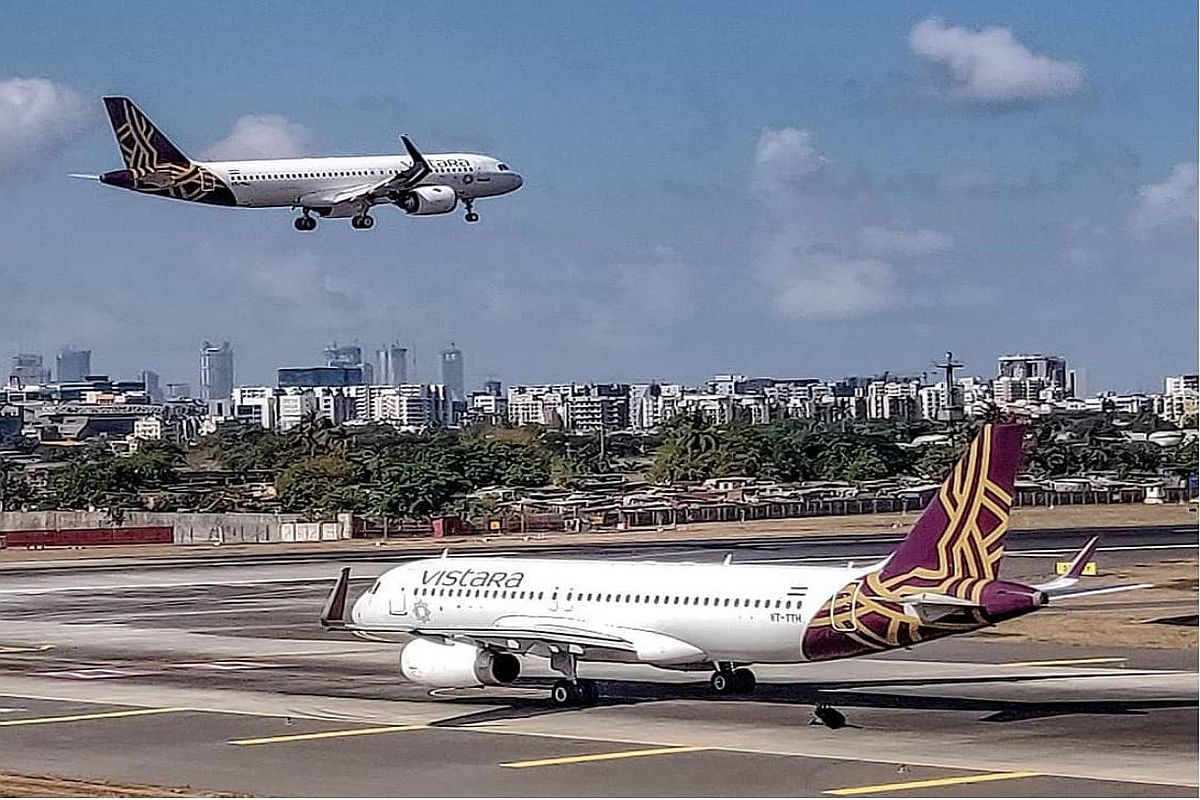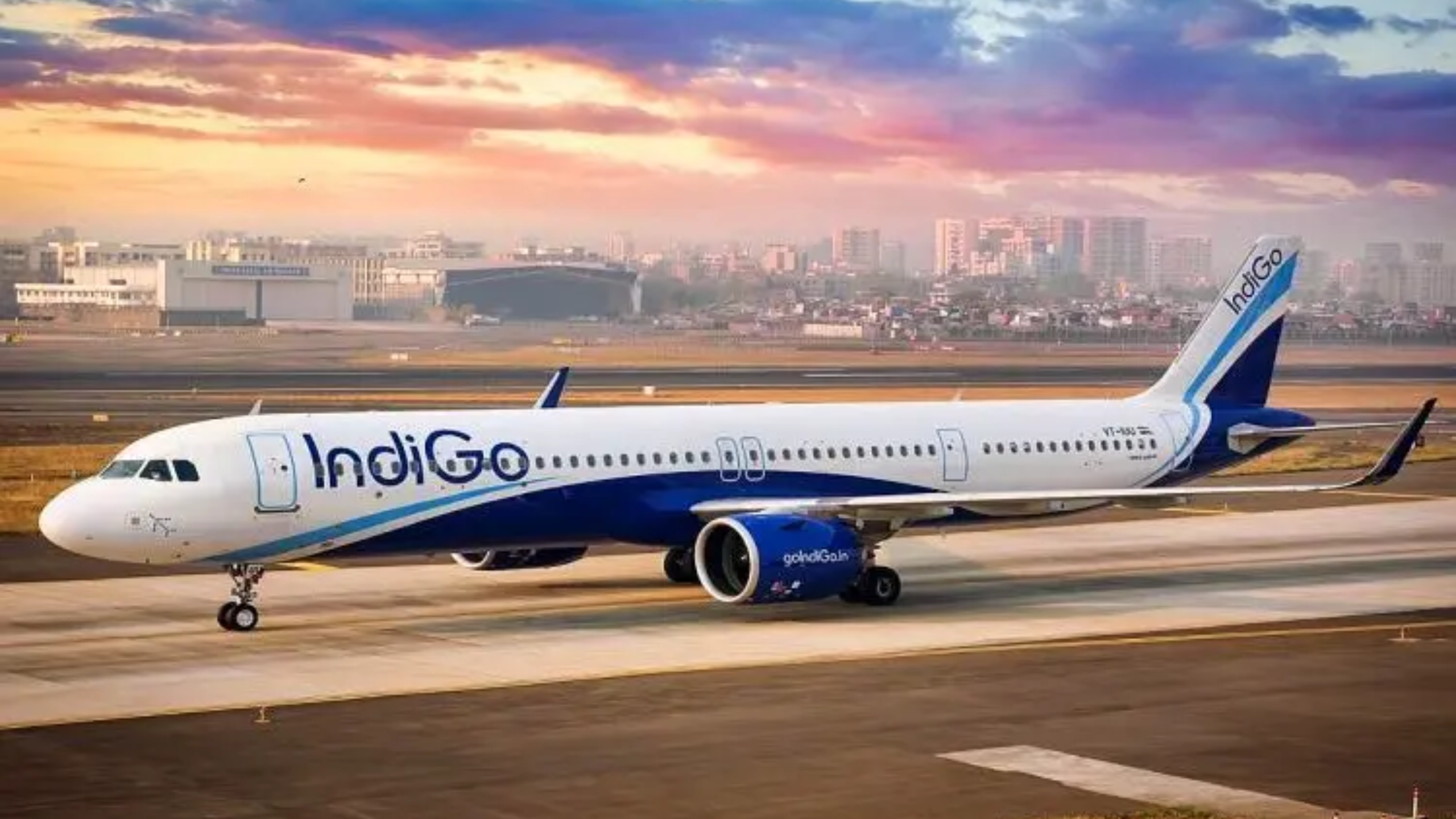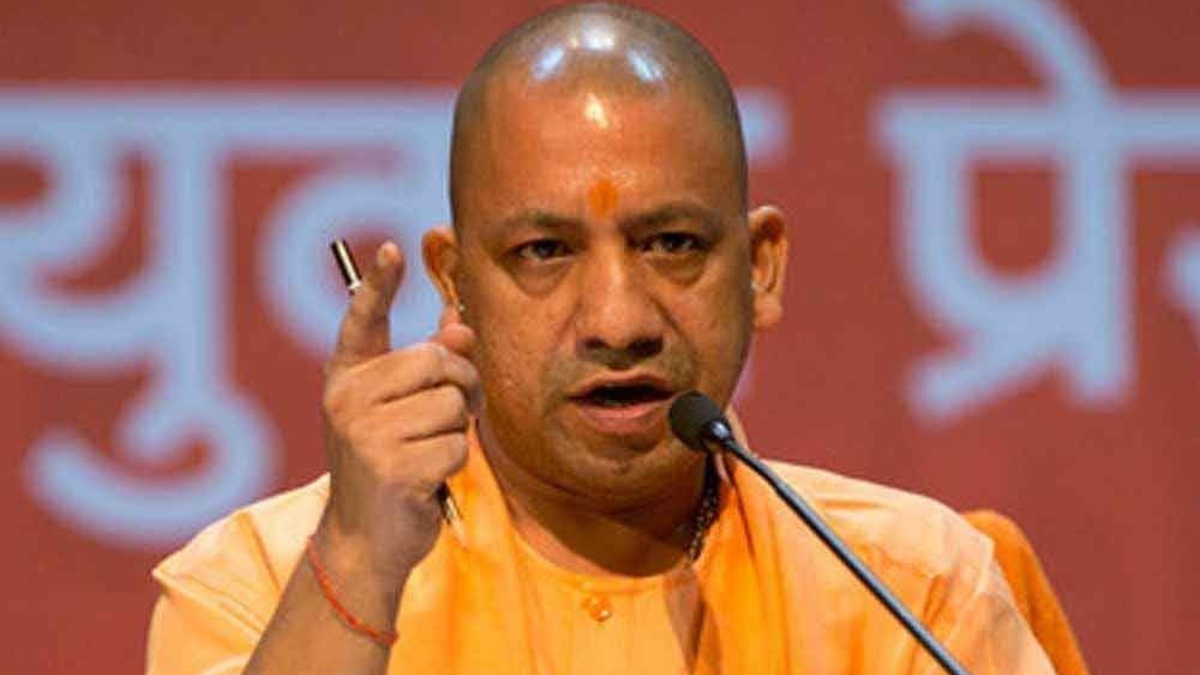Vistara Airlines grapples with a surge in flight cancellations due to a shortage of pilots, exacerbated by protests against a revised salary structure preceding the carrier’s merger with Tata-owned Air India. Despite Vistara expressing optimism about a resolution by the weekend, concerns regarding pilot fatigue have been underscored, potentially compromising safety standards.
Sources reveal pilots are operating near the brink of their maximum flight duty limits, leading to significant health issues and frequent sick leave. While denying coordinated mass sick leave, pilots attribute their exhaustion to relentless flying, compounded by the ineffectiveness of new Flight Duty Time Limitations (FDTL) rules.
The Directorate General of Civil Aviation (DGCA) recently deferred the implementation of revised flight duty norms, aiming for wider consultations. These norms, aimed at mitigating pilot fatigue, were scheduled for enforcement on June 1.
In a bid to address grievances, Vistara’s top officials, including CEO Vinod Kannan, engaged in a virtual town hall with striking pilots, discussing new contracts and rostering concerns. Assurances of a corrective course post-merger, promising enhanced growth prospects and improved pilot scheduling by May were offered.
Pilot sources lament the health repercussions of pushing the limits, highlighting frequent illnesses and exceeding sick leave quotas. They criticize the airline’s reliance on software over pilot feedback, signalling discontentment with the new contract terms.
While the company claims nearly 100% acceptance of the new contract, pilots express dissatisfaction with reduced Cost to Company (CTC) and mandated flying hours. Despite assertions of incentivized flying and potential earnings, discontent persists among pilots.
Amidst flight disruptions, the civil aviation ministry and regulatory bodies closely monitor developments. Vistara’s efforts to mitigate disruptions include reallocating larger aircraft to accommodate passengers, with flight cancellations reportedly reduced to 24 from a previous 52.
As Vistara navigates through this crisis, addressing pilot concerns and ensuring operational stability remain paramount for the airline’s reputation and passenger safety.




















